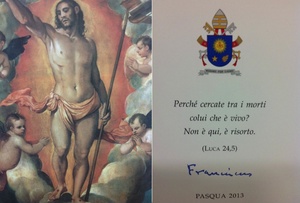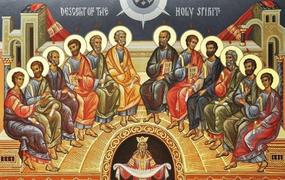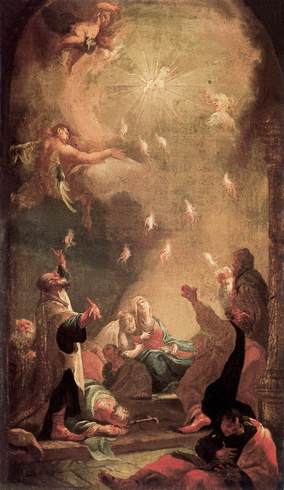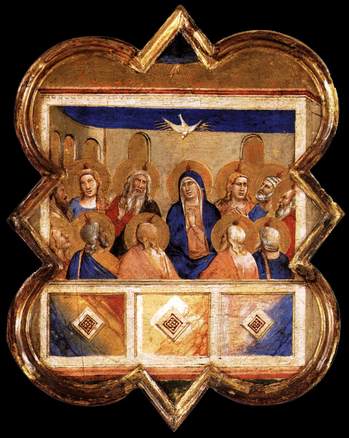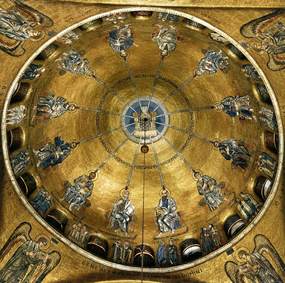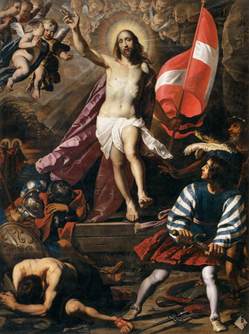Easter is yet again unfolded anew in our lives right now! Here is Pope Francis homily for the great and holy Vigil of Easter at the Vatican Basilica, 2013. The resurrection of Jesus from the dead as He said is a terrifying event in any person’s life. As His Holiness said in his homily, “Newness often makes us fearful, including the newness which God brings us, the newness which God asks of us.” This newness, this new humanity given to us by the resurrected Lord, is a beautiful reminder that all is redeemed by the One who created us and Loves us now.
The key to the Christian journey, to the building of the Kingdom, to the witnessing to your hope is the openness to have the liturgical anamnesis, the awareness of grace being operative, of God’s activity in life, my life, right now; the phrase Francis uses frequently is, “you won’t be disappointed,” the same one John Paul and Benedict used before him so many times.
The question is, can we be open enough to accept the surprises, are you willing not to be disappointed when confronted by a life of grace that contradicts an existence full of nihilism, skepticism, and boredom?
There are several wonderful points the Pope made, not least is this one that reminds me of Father Giussani:
They are asked to remember their encounter with Jesus, to remember his words, his actions, his life; and it is precisely this loving remembrance of their experience with the Master that enables the women to master their fear and to bring the message of the Resurrection to the Apostles and all the others (cf. Lk 24:9). To remember what God has done and continues to do for me, for us, to remember the road we have travelled; this is what opens our hearts to hope for the future. May we learn to remember everything that God has done in our lives.
Why do you seek the living among the dead? He isn’t here — He is risen!
The homily:
In the Gospel of this radiant night of the Easter Vigil, we first meet the women who go the tomb of Jesus with spices to anoint his body (cf. Lk 24:1-3). They go to perform an act of compassion, a traditional act of affection and love for a dear departed person, just as we would. They had followed Jesus, they had listened to his words, they had felt understood by him in their dignity and they had accompanied him to the very end, to Calvary and to the moment when he was taken down from the cross. We can imagine their feelings as they make their way to the tomb: a certain sadness, sorrow that Jesus had left them, he had died, his life had come to an end. Life would now go on as before. Yet the women continued to feel love, the love for Jesus which now led them to his tomb. But at this point, something completely new and unexpected happens, something which upsets their hearts and their plans, something which will upset their whole life: they see the stone removed from before the tomb, they draw near and they do not find the Lord’s body. It is an event which leaves them perplexed, hesitant, full of questions: “What happened?”, “What is the meaning of all this?” (cf. Lk 24:4). Doesn’t the same thing also happen to us when something completely new occurs in our everyday life? We stop short, we don’t understand, we don’t know what to do. Newness often makes us fearful, including the newness which God brings us, the newness which God asks of us. We are like the Apostles in the Gospel: often we would prefer to hold on to our own security, to stand in front of a tomb, to think about someone who has died, someone who ultimately lives on only as a memory, like the great historical figures from the past. We are afraid of God’s surprises; we are afraid of God’s surprises! He always surprises us!

